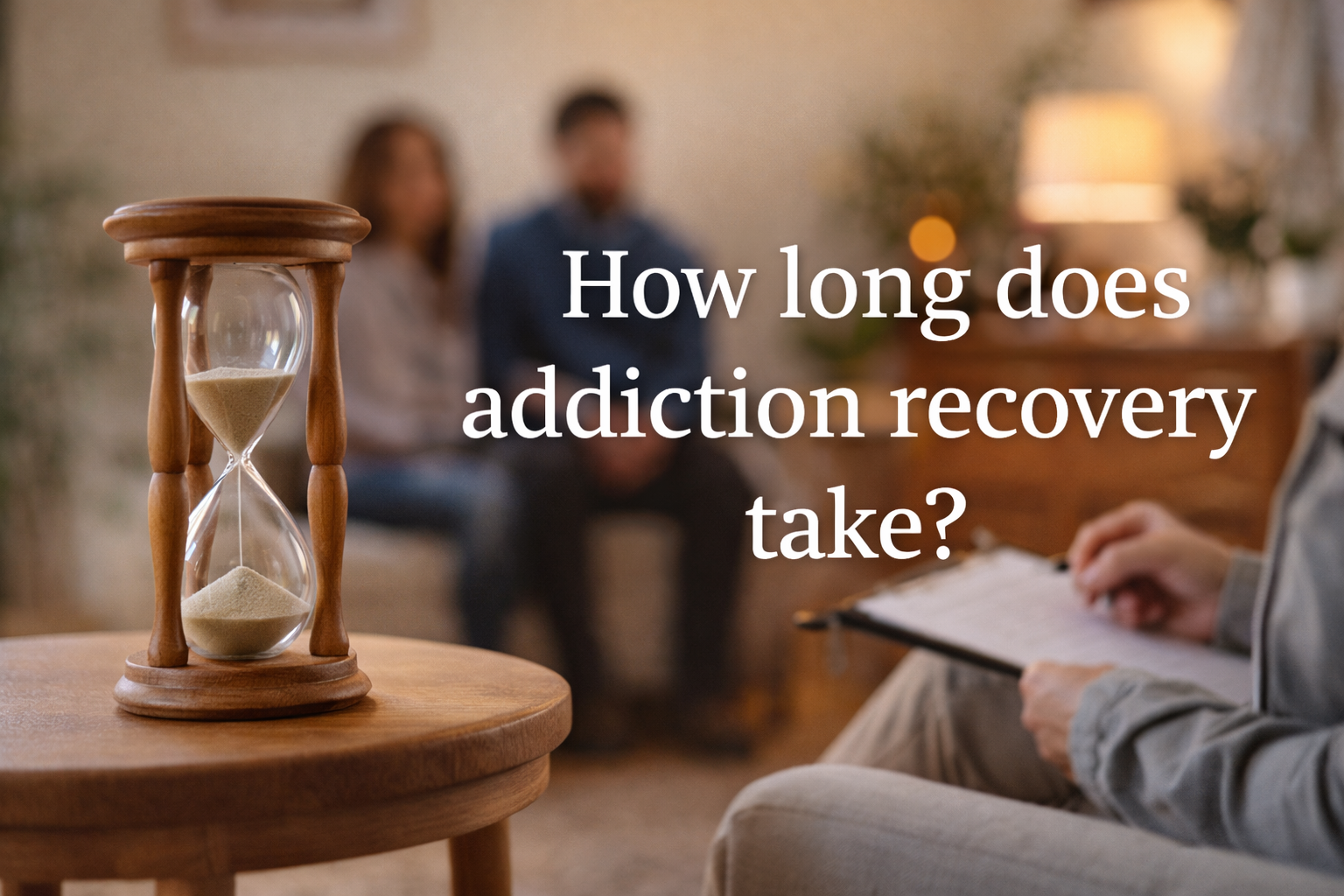When we lack humility, we often disrespect and harm others, leading to potential humiliation for ourselves. On the other hand, ego is our false sense of self, comprising our history, beliefs, talents, and perspectives of ourselves. Whether positive, negative, or neutral; these beliefs can be problematic, for they are in no way reflective of reality.
Practicing humility in your recovery makes you teachable, makes you a better listener and it allows you to examine yourself without shame or judgment. The challenge lies in the fact that many of us seek a sense of power or importance in our lives, making it difficult to lower our perceived significance, which goes against our natural inclinations.
So What Is Humility?
Humility is the quality of being humble or having a modest and unpretentious view of one's own importance or abilities. It involves a willingness to acknowledge one's limitations, imperfections, and the contributions of others. It means taking credit for what you are responsible for and giving credit for what you are not responsible for.
A humble person tends to approach situations with an open mind, learn from experiences, and treat others with respect and kindness. Practicing humility fosters personal growth, effective communication, and a greater sense of connection with others.
Relationship Between Ego Fatigue And Addiction?
The term "ego" is often used more broadly to describe an individual's sense of self or identity. It encompasses one's self-awareness, self-esteem, and the conscious experience of being an individual.
Over the years, like a scarred soldier in battle, our ego develops and decays. The hardships of life form the ego to be fearful and distrustful of others. It also equips the ego with survival skills to fight and defend itself from danger. In other words, an ego that's survived life, especially trauma, can lead a life of suffering. Thus there is an intimate relationship between ego and addiction.
Ego fatigue is when there is no more resourcefulness in the person. The mental energy to keep up a life of self-sufficiency has drawn to an end. Then Addiction becomes the answer to a fettered ego. It occurs when immediate pleasures outweigh long-term benefits. Addicts seek instant gratification through drugs, experiencing ego fatigue. Engaging in self-harming behaviors, they struggle with problem-solving and remain unaware of the harm and consequences of their actions. In this state, addicts become burdens to themselves, others, and their surroundings.
Delay discounting is where the desires decrease over time, and is overlooked. Soon, addicts prioritize instant joy. The resulting ego fatigue from neglecting delayed rewards can lead to a miserable life.
In recovery, the ego persists, but it must be addressed. It harbors the addictive personality, manifesting as a "dry drunk" – someone not using or drinking but displaying negative traits from active addiction.
What is Narcissism?
Narcissism is the disease of "me". Narcissistic individuals either see others as being better or worse than "me". It’s a constant obsession of the self. Narcissistic individuals do not see the world from any other perspective bar their own. They have no concerns for other people.
The purpose of others is one of service and blind obedience. Narcissists are only interested in what they can gain from their relationships with others. Objectification of human beings becomes a major obsession. People become objects of various desires.
The Danger of Ego And Narcissism
The relationship between ego and narcissism lies in the fact that narcissistic tendencies can be considered as an imbalance or exaggeration of normal ego functions. While a healthy ego involves a realistic understanding of oneself and others, narcissism involves an inflated self-image and a disregard for others' perspectives. Some dangers are:
- They fail to acknowledge their mistakes.
- It becomes difficult to make friends and social connections.
- Narcissists live in delusions of grandeur.
- Less likely to be spiritual.
- Closed to New Knowledge.
- Recovery and Humility
Ego And Humility Recovery
The healing process is not an easy one. It is a long and difficult journey and requires a lot of drive and courage; as well as faith in our ability to be healed. The 12-step recovery process can help individuals overcome compulsive, unmanageable behaviors and bring a sense of order and control back into their lives. The 12-step group is also known as AA (Alcoholics Anonymous). It is a set of guiding principles in addiction treatment that outline a course of action for tackling problems related to alcoholism, drug addiction and behavioral compulsion. Finally, mindfulness, meditation, and the spiritual path is highly recommended as a remedy to ego and humility recovery.
5 Benefits of Humility in Recovery
- Acknowledging Mistakes: Humble individuals take responsibility for their mistakes, engaging in the 12-step practice of taking inventory. This self-awareness helps prevent recurring errors.
- Connection Through Humility: Humility fosters genuine connections, making it easier to communicate authentically. This openness encourages others to confide, promoting deep connections and providing essential support in challenging times, reducing the risk of relapse.
- Authenticity and Reality: Humble individuals embrace authenticity and accept life's realities without hidden agendas. Their genuine approach aids in navigating challenges with a clear perspective.
- Spirituality and Giving: Humility encompasses spiritual attributes, fostering qualities like honesty, responsibility, hope, love, and charity. Spiritual humility encourages selfless giving, leading to happiness and reducing the likelihood of relapse.
- Open-Mindedness: Humble individuals remain open-minded, welcoming new experiences and viewing challenges as opportunities for growth. With no ego to defend, they approach self-improvement and recovery with receptivity.




.jpg)



